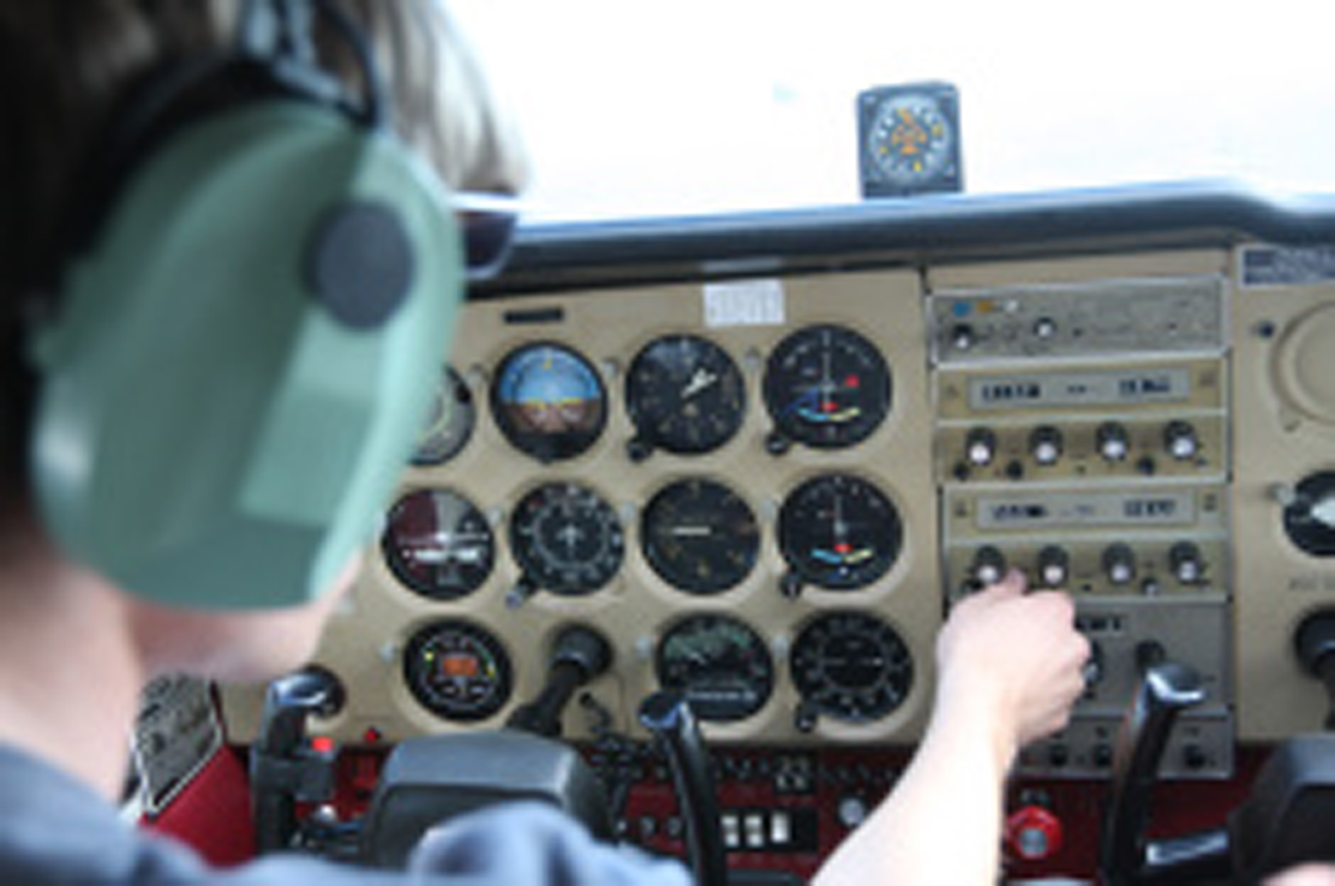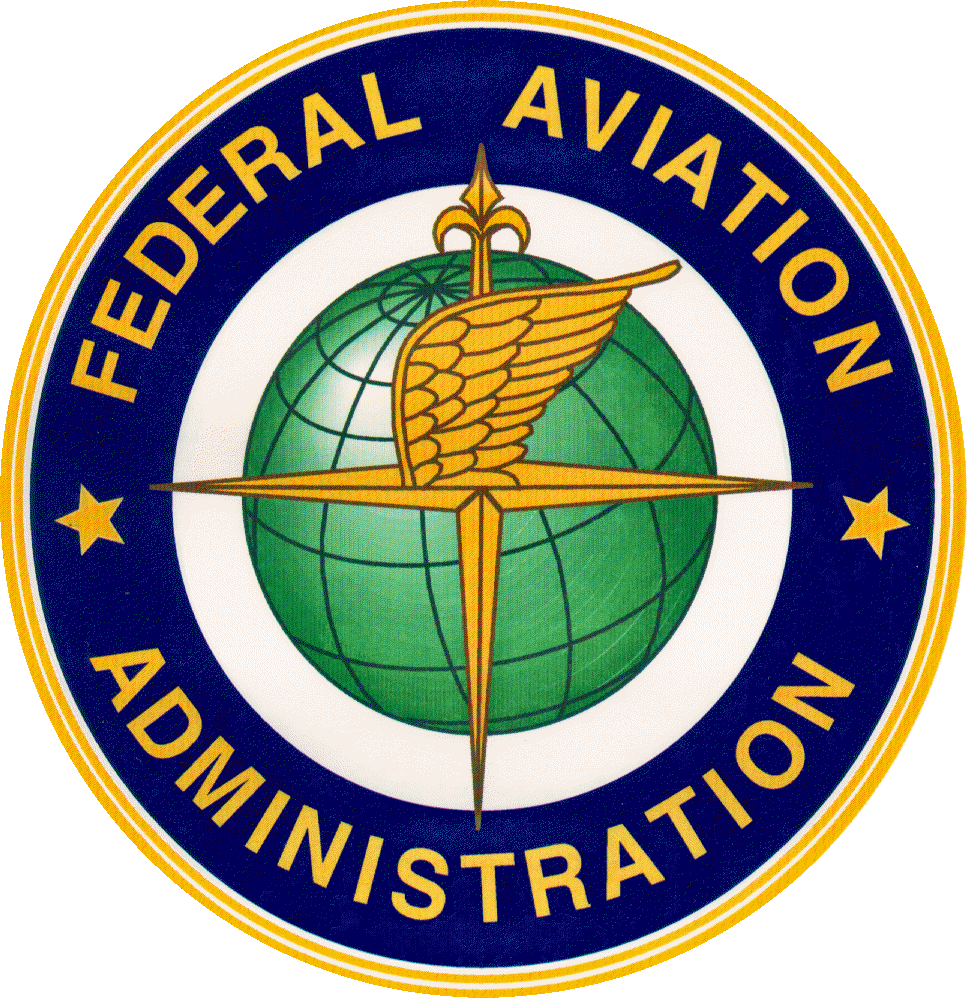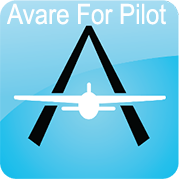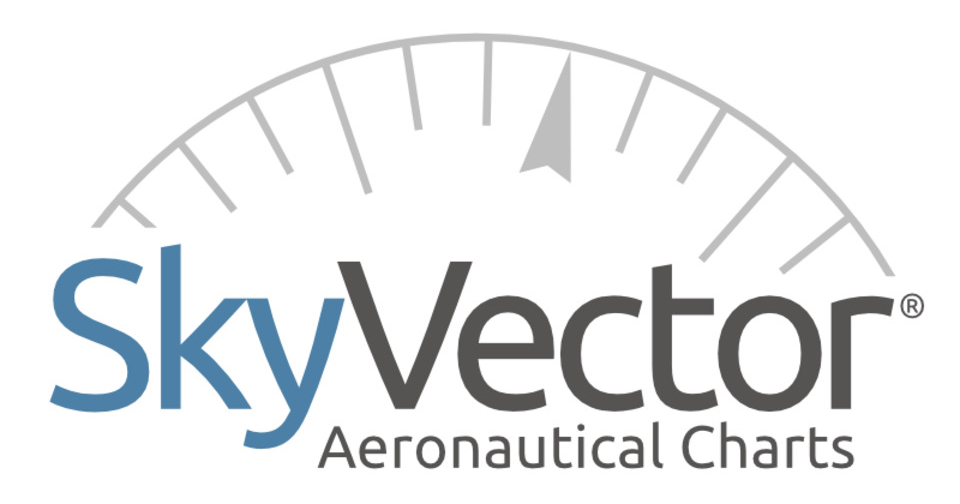Instrument Pilot Rating (IFR)
Instrument Pilot Rating (IFR)
IFRIt requires additional training and instruction beyond what is required for a Private Pilot certificate or Commercial Pilot certificate, including rules and procedures specific to instrument flying,additional instruction in meteorology, and more intensive training in flight solely by reference to instruments.Testing consists of a written exam and a practical test (known more commonly as the check ride).
The check ride is divided into an oral component to verify that the applicant understands the theory of instrument flying and an actual flight to ensure the pilot possesses the practical skills required for safe IFR flight.
For most private pilots, the most significant value of flying under IFR is the ability to fly in instrument meteorological conditions (such as inside clouds).Additionally, all flights operating in Class A airspace, defined in the US as the airspace from 18,000 MSL up to FL 600 (roughly 60,000 feet), must be conducted under IFR. In the United States, an instrument rating is required when operating under Special visual flight rules (SVFR) at night.Requirements for Instrument Rating in the United States are listed in section 61.65 of the Federal Aviation Regulation are:
IFR Course
Conventional Piper PA-28-161 - Garmin-430
Estimated Cost
$ 9990
- 25/h Instrument Flight
- 15/h Dual Flight
- 20/h Ground Instruction
- FAA Check-Ride ($ 850)
- FAA Written Exam ($ 175)
- Pilot Study Kit & Books ($ 200)
- Time Building 25/h ($ 3750)

Note: Estimated prices are based on the FAA minimum requirements






